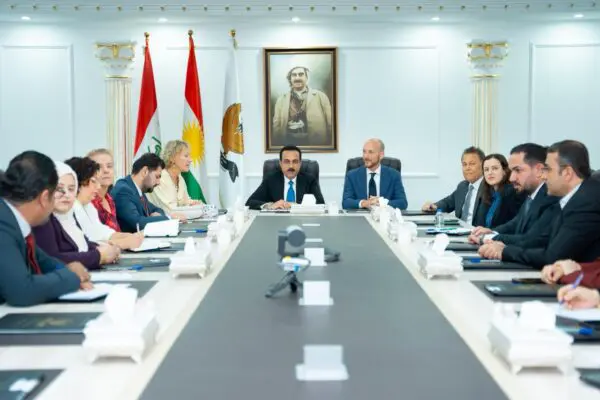Exchange between ten French-speaking African countries
NCEA partners from ten different French-speaking countries exchanged experiences around SESA and collaborative governance.
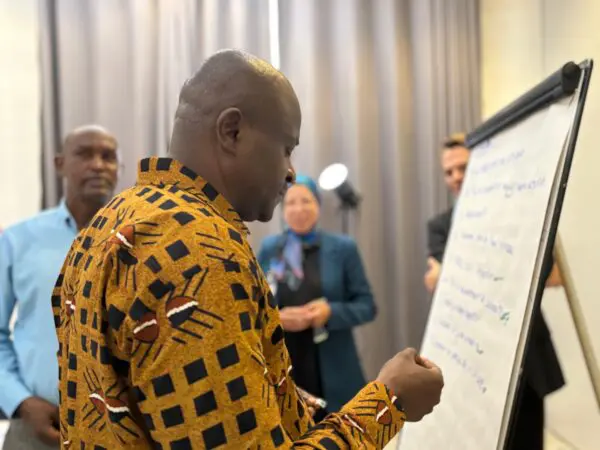
NCEA partners from ten different French-speaking countries exchanged experiences around SESA and collaborative governance.

The NCEA published its Annual Report 2024.
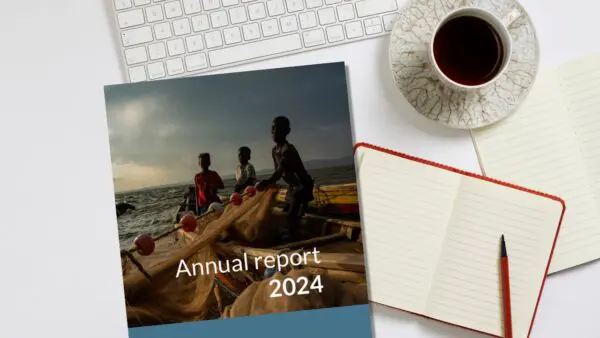
Environmental impact assessment plays a central role in the new UN High Seas treaty.

Why it is important to integrate IWRM and SEA in the context of mining development in river basin management or land use planning.
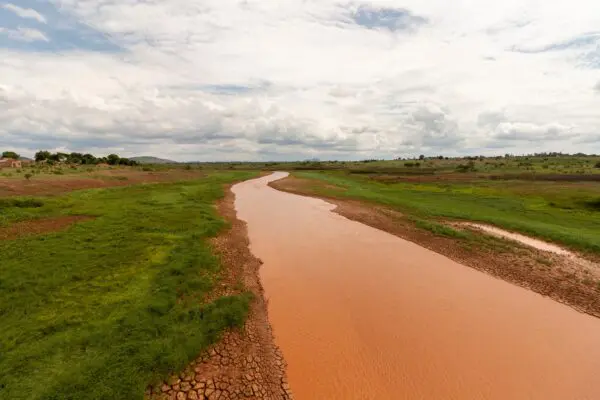
The NCEA published the independent review report of the updated ESIA of the Tiris uranium mine project in Mauritania.
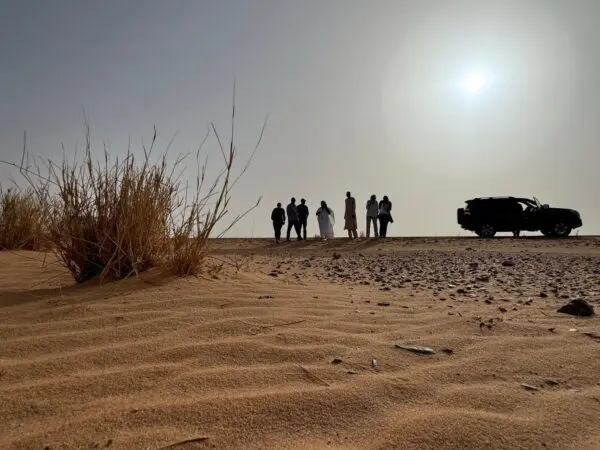
The Water Agency of the Mouhoun is finalising its Integrated Water Resources Management Plan for the Samedeni-Sourou area.
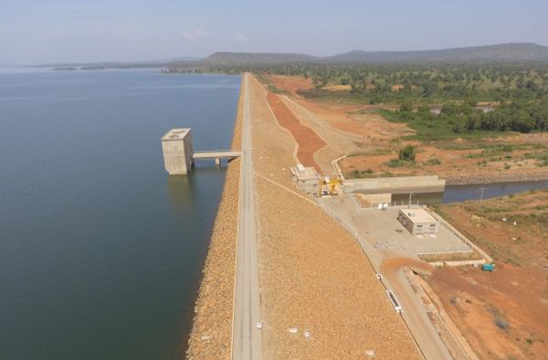
The NCEA is looking back on a year of constructive collaboration with its partners.
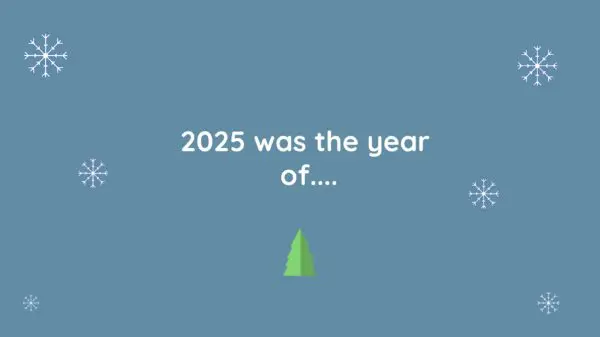
Which important lessons were shared during the Beira-Recife Exchange in November?
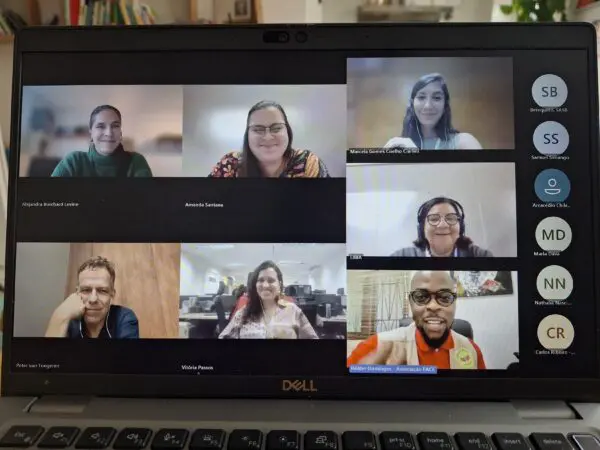
The NCEA reinforced its commitment to support the Mozambican authorities in strengthening environmental governance.

Can ESIA play a role in the prevention of conflict in the mining sector?
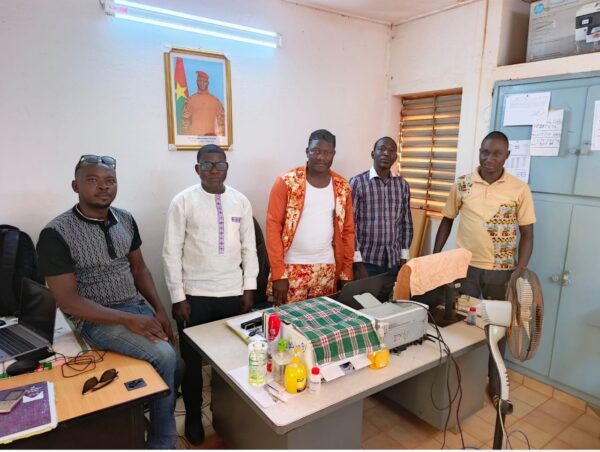
The NCEA visited the Kurdistan Region of Iraq to explore opportunities for cooperation.
